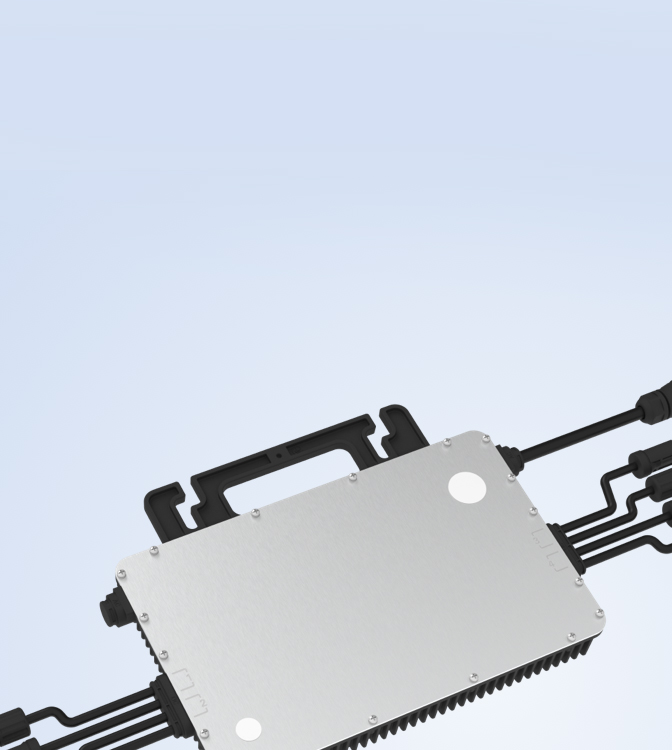Microinverters have become increasingly popular in residential solar installations due to their numerous advantages over traditional string inverters. In this article, we’ll explore the key benefits of using microinverters in residential settings and why homeowners are choosing this technology for their solar energy systems.
1. Individual Panel Performance Optimization
One of the primary advantages of microinverters is their ability to optimize the performance of each solar panel independently. Unlike string inverters that connect multiple panels in series, microinverters are installed on each panel, allowing them to operate at their maximum efficiency. This means that shading or dirt on one panel does not affect the output of other panels, resulting in overall higher energy production.
2. Increased System Reliability
Microinverters enhance the reliability of residential solar installations. With traditional string inverters, if one panel underperforms due to shading or malfunction, it can significantly impact the output of the entire string. Microinverters isolate the impact of individual panel issues, ensuring that the rest of the system continues to function optimally.
3. Enhanced Safety
Safety is a crucial consideration in solar installations. Microinverters reduce the risk associated with high-voltage DC wiring by converting DC to AC power at each panel. This minimizes the risk of electrical hazards during installation, maintenance, or emergency situations.
4. Monitoring and Maintenance
Microinverters come equipped with monitoring capabilities that allow homeowners to track the performance of each panel in real-time. This data is invaluable for identifying potential issues such as panel degradation or faults, enabling prompt maintenance and maximizing system uptime.
5. Scalability and System Design Flexibility
Microinverters offer greater flexibility in system design and scalability. Homeowners can start with a smaller solar array and easily expand it over time by adding more panels and microinverters. This scalability ensures that the solar system can adapt to changing energy needs and budget constraints.
6. Improved Energy Harvesting
By optimizing the performance of individual panels, microinverters maximize energy harvesting from the available sunlight. This results in higher overall system efficiency and increased savings on electricity bills.
7. Long-Term Cost Savings
While microinverters may have a higher upfront cost compared to string inverters, they often provide greater long-term cost savings. The enhanced energy production, reliability, and reduced maintenance requirements contribute to a more efficient and cost-effective solar system over its lifespan.
Conclusion
In conclusion, microinverters offer significant advantages for residential solar installations, ranging from improved energy production and reliability to enhanced safety and monitoring capabilities. Homeowners looking to invest in solar energy systems can benefit greatly from the scalability, flexibility, and long-term cost savings that microinverters provide.
If you’re considering installing a residential solar system, consider the benefits of microinverters and consult with a solar energy professional to determine the best solution for your home.



